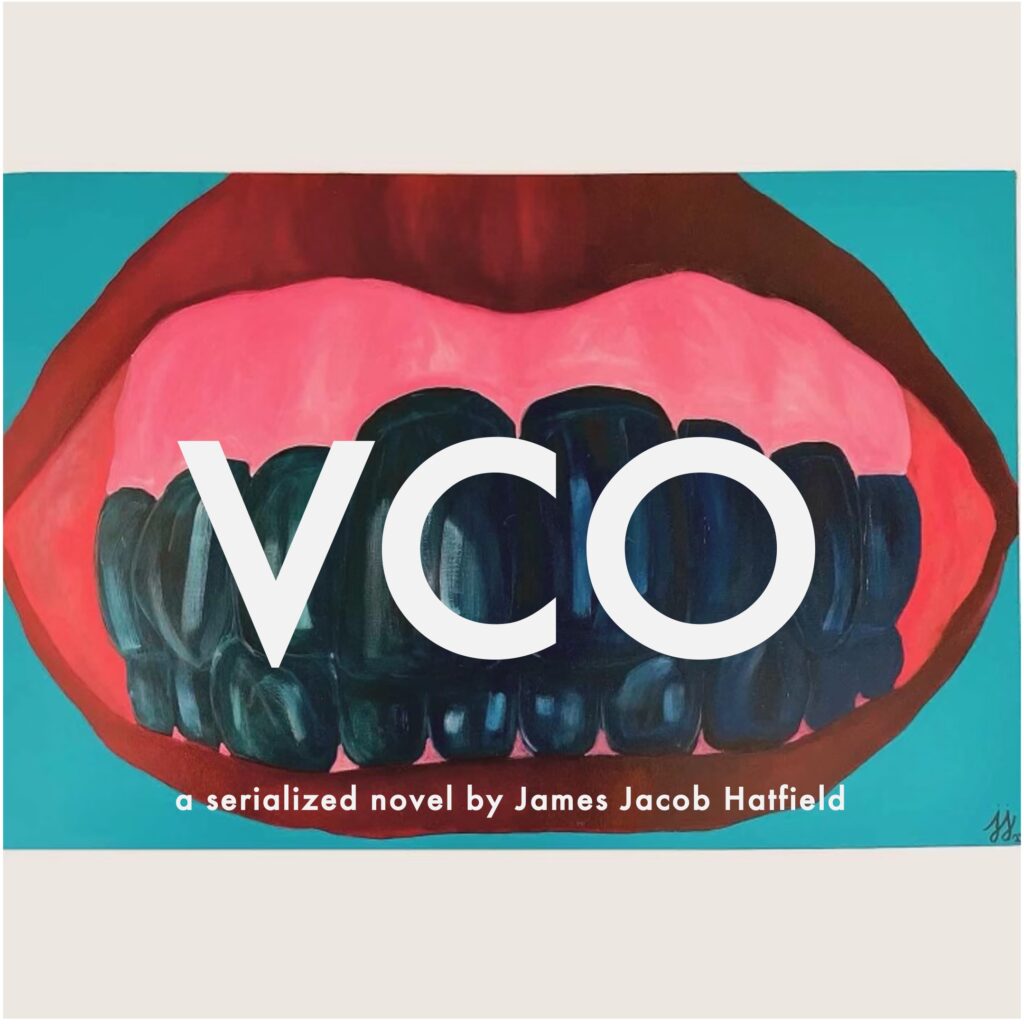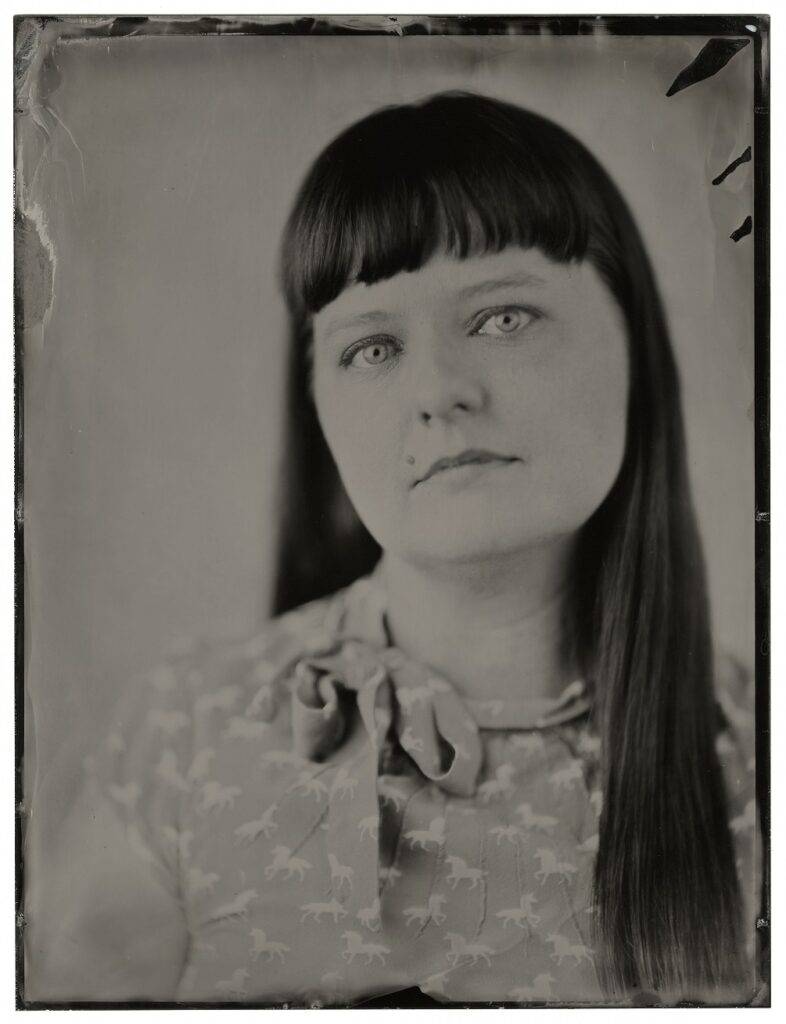
Abdel-Ghafur
by J.P. Apruzzese
Servant of the Forgiver
Not long after he arrives in the oasis he sees the haloed figures flicker across the Not long after he arrives in the oasis, he sees the haloed figures flicker across the bedroom wall in the middle of the night for the first time. Each time they appear it’s the same, he sits up in bed, shivering, sweat amassing on his back like a colony of ants, his eyes tracking the halos until they’re no longer there. Each time, though he wants to see them, though he searches the dark walls for them, there’s nothing, not a trace, though he’s hoping, hoping they’re more than passing headlights or reflections in a mirror or something he’s never noticed but should have – a presence, but of what? Until one day, the haloes vanish from the walls, and he hears something else he shouldn’t, at that hour and in that place: a car engine idling outside. He takes feline steps from the bed to the window where the pungent smell of petroleum pinches his nose and there, in the penumbra, he sees a black jeep with black windows and black headlights sitting in the dirt driveway awash in moonlight. He watches, unable to move, wondering if someone isn’t watching him in turn from behind its black windows, when the vehicle shifts into gear and follows the road into the oasis. A local, no doubt, he thinks, and goes to the bathroom to towel the sweat from his body, still wondering, who could be watching, how could they have found me.







